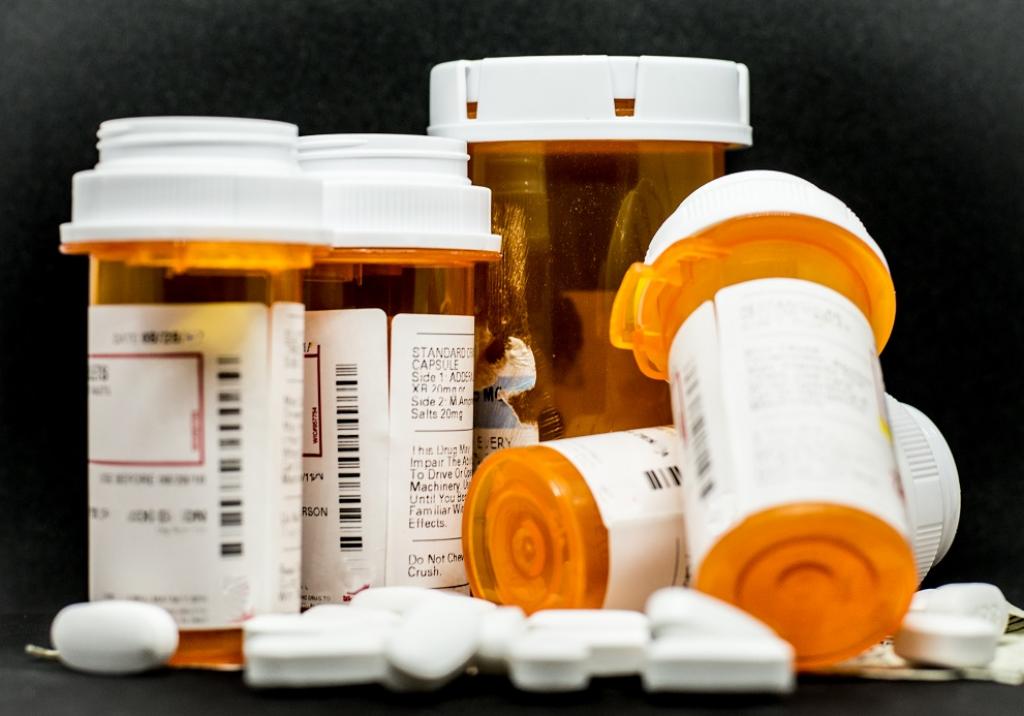In recent days, media reports have surfaced claiming a shortage of anti-TB medicines in India, casting doubts on the effectiveness of the National TB Elimination Programme (NTEP). However, upon closer examination, these reports appear to be both ill-informed and misleading, lacking specific information on the availability of anti-TB medicines in stock.
The National TB Elimination Programme is a cornerstone of India’s public health efforts, and it is essential to ensure a consistent and ample supply of anti-TB drugs to meet the needs of patients across the country. To address these concerns, the Ministry of Health and Family Welfare has provided valuable insights into the stock positions of these critical medications.
The treatment of drug-sensitive tuberculosis involves a regimen of four drugs available as Fixed-Dose Combinations (FDC), including Isoniazid, Rifampicin, Ethambutol, and Pyrazinamide, followed by three drugs as FDC (Isoniazid, Rifampicin, and Ethambutol). The Ministry assures that all these drugs are currently in sufficient supply, with stocks available for over six months.
For Multi-Drug Resistant TB cases, the treatment regimen is more complex, consisting of seven drugs for four months followed by four drugs for five months. This includes bedaquiline, levofloxacin, clofazimine, isoniazid, ethambutol, pyrazinamide, ethionamide, and, in some cases, cycloserine and linezolid. The Ministry emphasizes that the necessary drugs are in stock to meet these requirements.
Procurement, storage, maintenance, and distribution of anti-TB drugs and related materials are rigorously managed at the central level under the NTEP. In rare situations, states may be requested to procure certain drugs locally, but this is done to ensure that individual patient care is never compromised. For instance, Maharashtra has already procured Cycloserine Tablets centrally, while other states have delegated procurement to districts where necessary.
To provide transparency, the Ministry has shared the stock positions in Maharashtra as of September 24, 2023:
– Cycloserine – 250 mg: 6,34,940
– Linezolid – 600 mg: 86,443
– Delamanid – 50 mg: 1,53,784
– Clofazimine-100mg: 79,926
– Moxifloxacin – 400 mg: 4,56,137
– Pyridoxine: 7,06,413
Additionally, at the national level, as of September 24, 2023, the stock levels are as follows:
– Cycloserine – 250 mg: 14,79,857
– Linezolid – 600 mg: 9,95,779
– Delamanid – 50 mg: 11,37,802
– Levofloxacin – 250 mg: 28,85,176
– Levofloxacin – 500 mg: 33,27,130
– Clofazimine – 100 mg: 12,86,360
– Moxifloxacin – 400 mg: 2,72,49,866
– Pyridoxine: 2,72,99,242
It’s noteworthy that there is more than 15 months’ worth of stocks for Moxifloxacin 400mg and Pyridoxine. Additionally, Delamanid 50 mg and Clofazimine 100 mg were procured in August 2023 and supplied to all states and Union Territories. Furthermore, a purchase order has been issued for the supply of an additional 8 lakh quantity of Delamanid 50 mg tablets.
The Ministry of Health and Family Welfare assures the public that there is no shortage of anti-TB drugs in the field. Regular assessments are conducted to evaluate stock positions at various levels, from central warehouses to peripheral health institutes. Therefore, the media reports alleging shortages of these essential medications do not accurately represent the current situation in India. The government remains committed to ensuring the availability of anti-TB drugs to all those who need them.














